The recent interview in the Financial Times in which the Brazilian Foreign Minister, Carlos Franca pushed back on EU proposals to stop imports from deforested areas won’t come as a surprise to farmers.
The Minister accused the EU – France in particular – of using the environment as a form of protectionism and hit back with France paying subsidy to farmers to produce in France where land and water are scarce.
It was more efficient he said to produce in Brazil. He acknowledged that deforestation was an issue in Brazil but emphasised it was a wider problem that involved criminality.
Efficiency debate
He has a point when it comes to efficiency of production. Large swathes in Brazil have an exceptionally productive climate where it is possible to produce three crops per year in a 52-week growing season.
There is also validity saying that there are areas of the EU that aren’t suited to livestock production, in particular the dry soils of the Mediterranean and parts of the arctic region in northern Europe.
However, when it comes to European agriculture, one size doesn’t fit all as was demonstrated by the Commission plan for the CAP to be designed by member states within the EU framework and approved by Brussels.
With the onus on the national Government, Irish farmers would have expected a more proactive advocacy of Ireland’s grassland system which has an abundance of water which makes livestock production the natural choice.
Unfortunately, at the recent COP26 in Glasgow, the Irish Government didn’t advocate for maintaining Irish agriculture and instead setting damaging reduction targets for Irish agriculture.
EU out on a limb
The EU is in a difficult position with the policy that it has set for EU farmers, putting the sector at a serious competitive disadvantage with the rest of the world.
It also cannot assume that it alone can make global policy on standards, unless it negotiates standards as part of a trade agreement that is approved by the WTO.
The EU is a sufficiently large trade block to insist on such clauses as part of trade deals and have a variation in the Mercosur agreement in relation to replanting of cleared rainforest areas.
In relation to climate policy, it is now clear that the EU is out of step with the main agricultural trading nations of the world. It to a greater or lesser extent has ambitions to reduce emissions from agriculture, but Europe – including Ireland – is the only regions where this will be achieved by production cuts if necessary.
The global standard is set by the US which is making heavy investment in research to try and find the silver bullet that reduces emissions from livestock but they don’t have a plan B for reducing numbers if they don’t find it.
Global problem needs global solution
A roadmap has been identified for Ireland that could deliver an 18% reduction and this figure can be increased if research discovers other technology or techniques. The livestock-producing areas of the world all have a similar issue with emissions and that in itself makes a case for pooling resources to find the solution that have the best of both worlds in keeping production and reducing emissions at the same time. Just don’t call it a protocol!




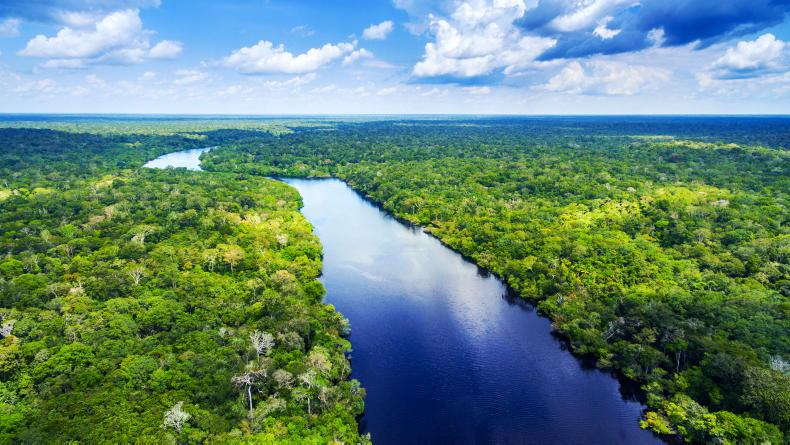
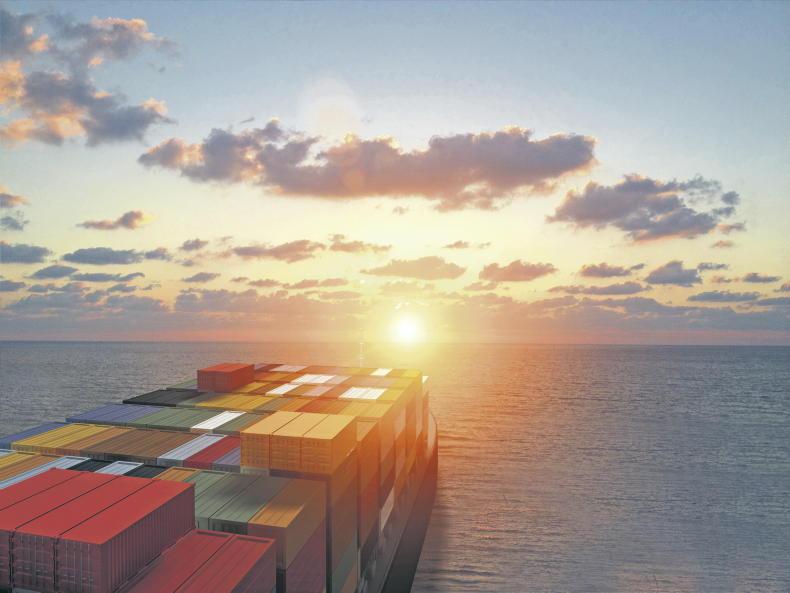

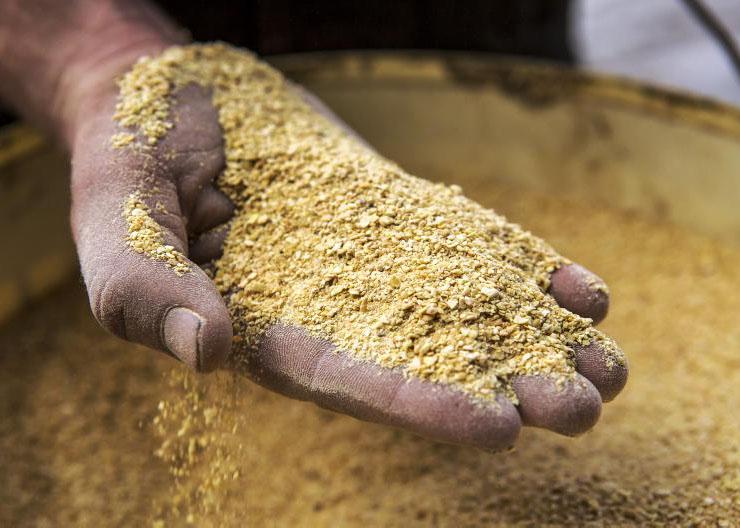
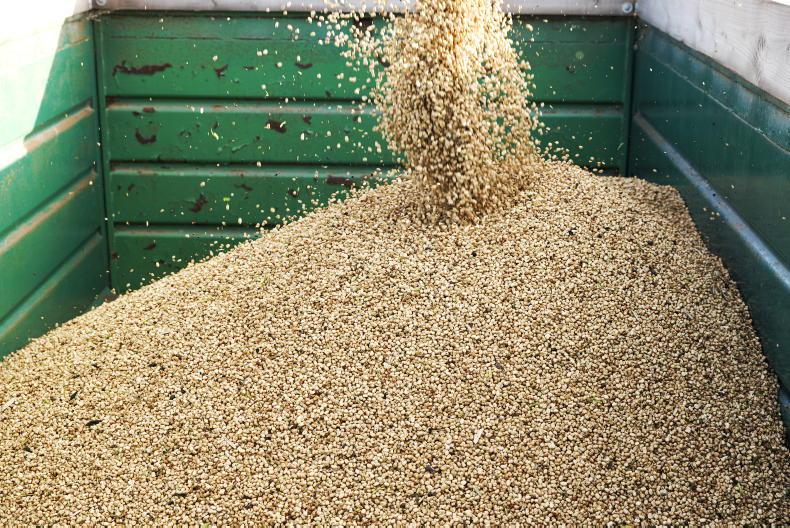
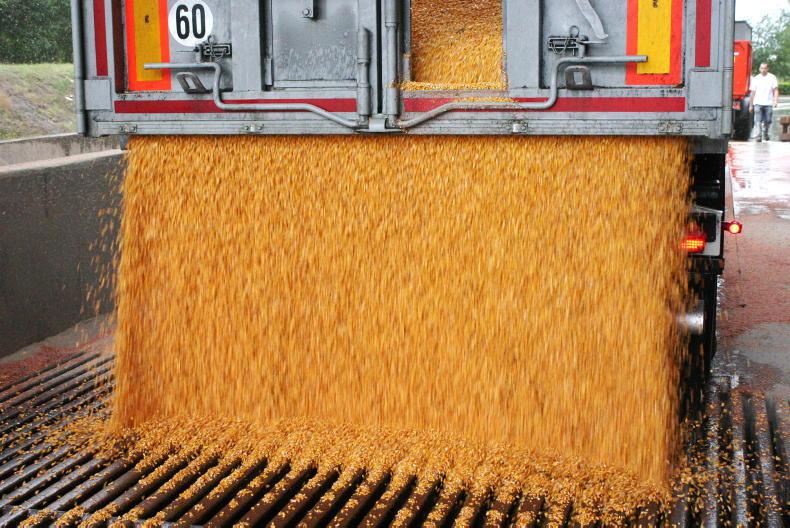
SHARING OPTIONS